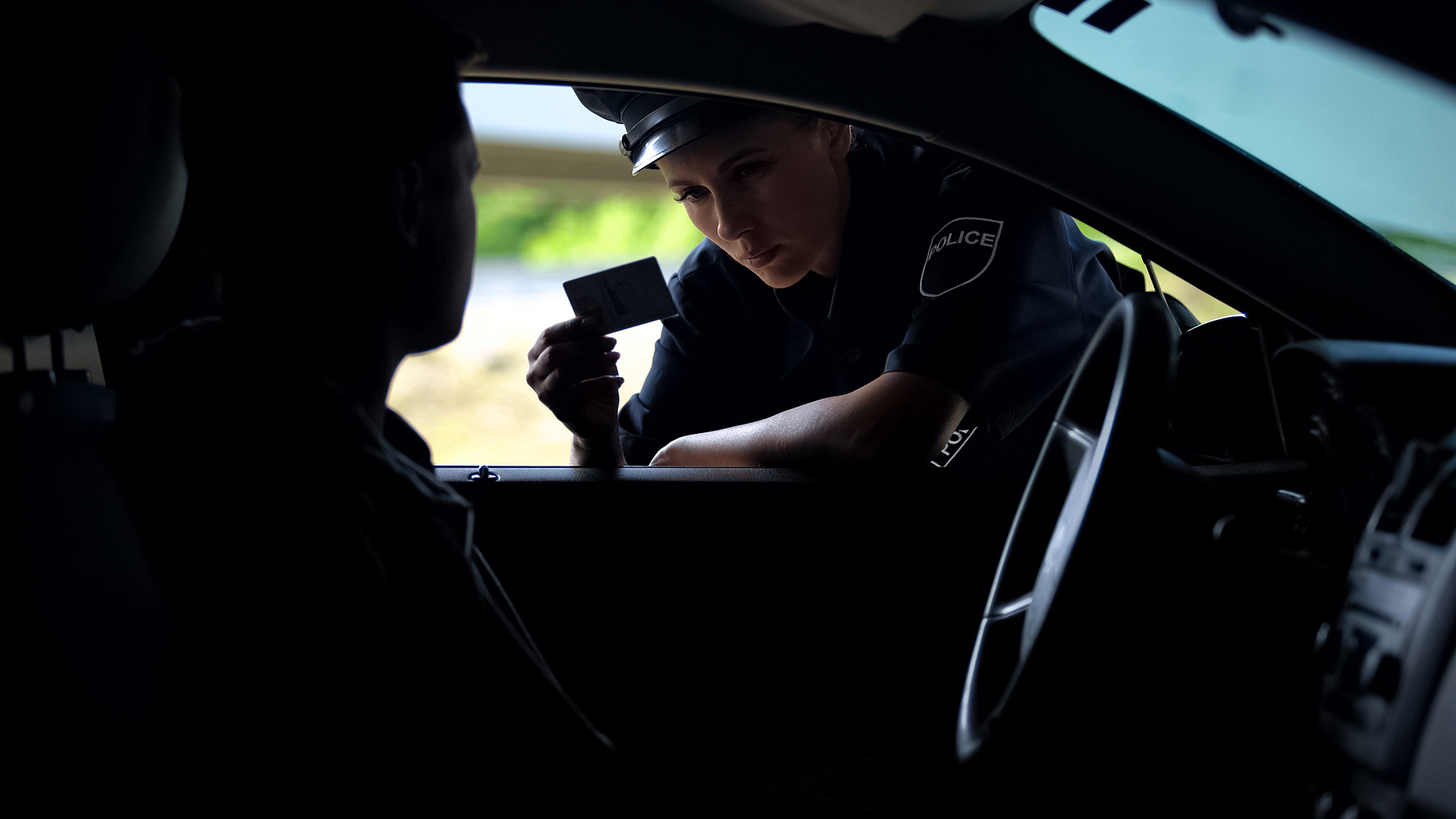
The LAPD is moving away from proactive policing with a new policy that will end minor traffic stops in an effort to reduce “bias.”
Chief Michel Moore announced in a letter that the department would no longer conduct pretextual stops over minor traffic violations unless an individual is suspected of committing more serious crimes like burglary, street racing, hit-and-runs or narcotics possession.
“It is the department’s policy that pretextual stops shall not be conducted unless officers are acting upon articulable information in addition to the traffic violation, which may or may not amount to reasonable suspicion, regarding a serious crime (i.e., a crime with potential for great bodily injury or death).”
Moore said the new policy is a response to community activists’ calls to end minor traffic violations, who argue that they are a manifestation of “implicit or explicit bias(es)” and lead to situations where unnecessary force is used on innocent people.
Moore wrote that the department would shift its strategy to strengthening community relationships instead of pursuing vehicle violations like expired plates or broken taillights.
The LAPD “seeks to hone the focus of its traffic enforcement and crime prevention strategies … while also strengthening trust and improving community relations,” Moore wrote, adding that “less attention” should be paid to “vehicle equipment violations,” such as missing license plates.
Law enforcement experts are concerned that the new policy marks a shift away from proactive policing.
“The days of proactive policing — of actually going out there, showing high visibility, doing traffic stops, doing pedestrian stops, looking for suspicious behavior, looking for small vehicle code violations that could possibly lead to discovering a gun in the car — those days are going to be gone now,” an anonymous LAPD source told Fox News.
Members of the Los Angeles Police Protective League (LAPPL) are resisting the new policy, arguing that routine traffic stops are a useful tool in reducing crime.
Spokesperson Tom Saggau said the union and other police groups are currently negotiating with the LAPD over the policy and that the laid-back approach to traffic stops will not make Los Angeles safer.
“The premise that a policy that would dramatically limit and, in many instances, eliminate traffic stops doesn’t make a lot of sense if you want a safer Los Angeles. Last year, there [were] close to 8,100 guns that were booked into evidence in Los Angeles, and many of those weapons were had as a result of car stops,” Saggau said.
Saggau noted that since 2019, murders and shootings have more than doubled in the city. He also argued that the policy would “disincentivize officers from proactive traffic enforcement.”
“If I’m an officer and I pull a car over, and it happens to be a person of color, am I going to want to get jammed up and disciplined because I am enforcing the law? What this memo and the various discussions don’t say is every one of those pretextual stops is legal and lawful,” Saggau explained.
The policy forbids officers from making decisions based on a person’s race, gender, age, homelessness or presence in a high-crime location — factors that some experts believe are necessary for police judgment calls.
Sergeant Betsy Brantner Smith, spokesperson for the National Police Association, said that such information is crucial for officers.
“I’ve pulled over people who have done armed robberies, who had done retail theft, who had done burglaries and on and on,” she said. “… A good street cop knows how to engage people and weigh their answers. That’s part of an investigation. A uniformed patrol officer is basically a detective on the street.”
Law enforcement experts said that one of the rules of thumb is that “little things can lead to big things” — as in small crimes often reveal much larger crimes in the process. Traffic stops, for example, often lead to the discovery of illegal firearms or narcotics or the arrest of suspects wanted for more serious crimes.
Smith also worried that the new policy would lead to more dangers on the road.
“What motivates you to ever renew your license plate? What motivates you to ever get insurance? What motivates you to ever then have a working vehicle?” she said. “… What we’re going to end up with is, let’s say, unfortunately, you get into a crash with somebody who has never renewed their license plate and couldn’t be pulled over because of it. … You end up paying for whatever happened to you during that accident.”





